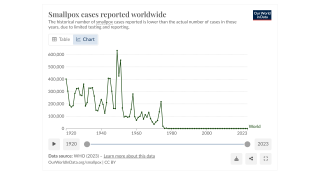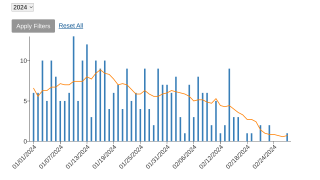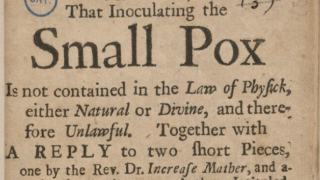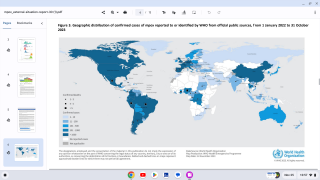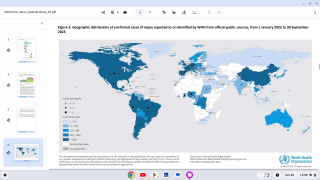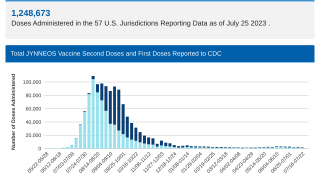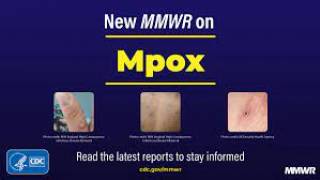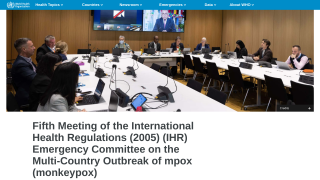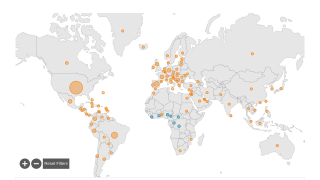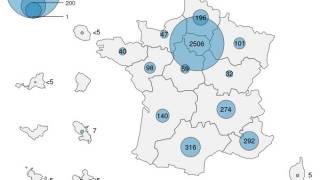Testing for Mpox Clade 1 in the United States
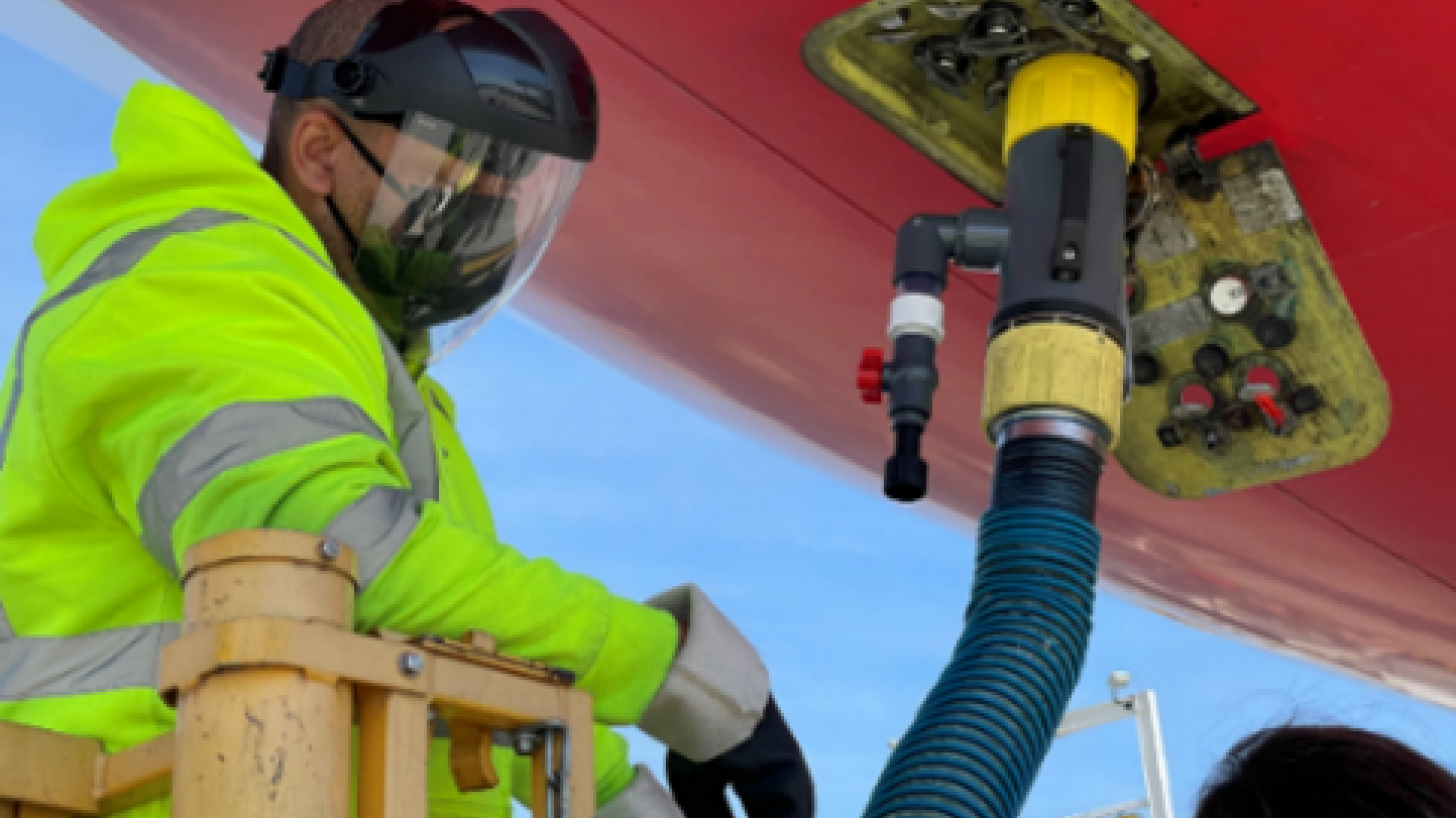
There have been some recent innovative developments in disease alert systems. Previously, the first sign of a new disease reaching the United States was usually when an infected person showed up at a doctor's office.
However, the U.S. CDC's National Wastewater Surveillance System (NWSS) has proven to be a more efficient and reliable tool for detecting viruses in communities.
Over the past few years, the CDC's system has been testing sewage samples to monitor the spread of diseases, such as mpox outbreaks.
CDC microbiologist Amy Kirby, the chief science officer for NWSS, stated in March 2024, "It has the potential to detect one mpox case in a community, making it a powerful tool for early detection of an outbreak."
By monitoring sewer systems, the CDC can identify pieces of the virus that causes mpox. These viral bits flow into the sewers when an infected person flushes or showers. Workers take wastewater samples before they get treated and send them to a laboratory for testing.
The laboratory can detect signs of the virus, indicating that someone in the area might have mpox.
Kirby added, "This early warning helps public health experts and medical providers take action quickly to help protect the people in their communities."
While wastewater surveillance cannot identify specific individuals, it provides public health officials with important information about whether the virus is circulating in the community and if the number of infections is increasing or decreasing.
Since August 2022, the CDC has conducted airplane wastewater sampling.
Wastewater samples are collected at San Francisco and Boston airports using an automated sampler device at the airport triturator. The triturator is a consolidation point that captures wastewater samples from multiple flights but does not include airport terminal waste.
This airplane wastewater program is expanding from a pilot phase to broader implementation.
The CDC recently announced it expanded wastewater surveillance to detect a more severe type of mpox (Clade 1) that has caused a large outbreak in the Democratic Republic of the Congo (DRC).
Since 2023, the DRC has experienced an outbreak of mpox (Clade I) that has caused 18,922 suspected cases and 1,007 deaths (CFR: 6.7%) as of March 2024.
According to the European CDC, this is the largest outbreak ever recorded in a year.
As of April 4, 2024, the ECDC concludes that no Clade I sequences have been detected in Europe or outside DRC.
In the United States, Bavarian Nordic's JYNNEOS® (MVA-BN®, IMVAMUNE®) two-dose vaccine has been found very effective against mpox Clade 2b.
As of April 2024, additional pharmacies are distributing JYNNEOS in select markets.
To learn how to protect yourself and others, visit cdc.gov/mpox.
Our Trust Standards: Medical Advisory Committee


